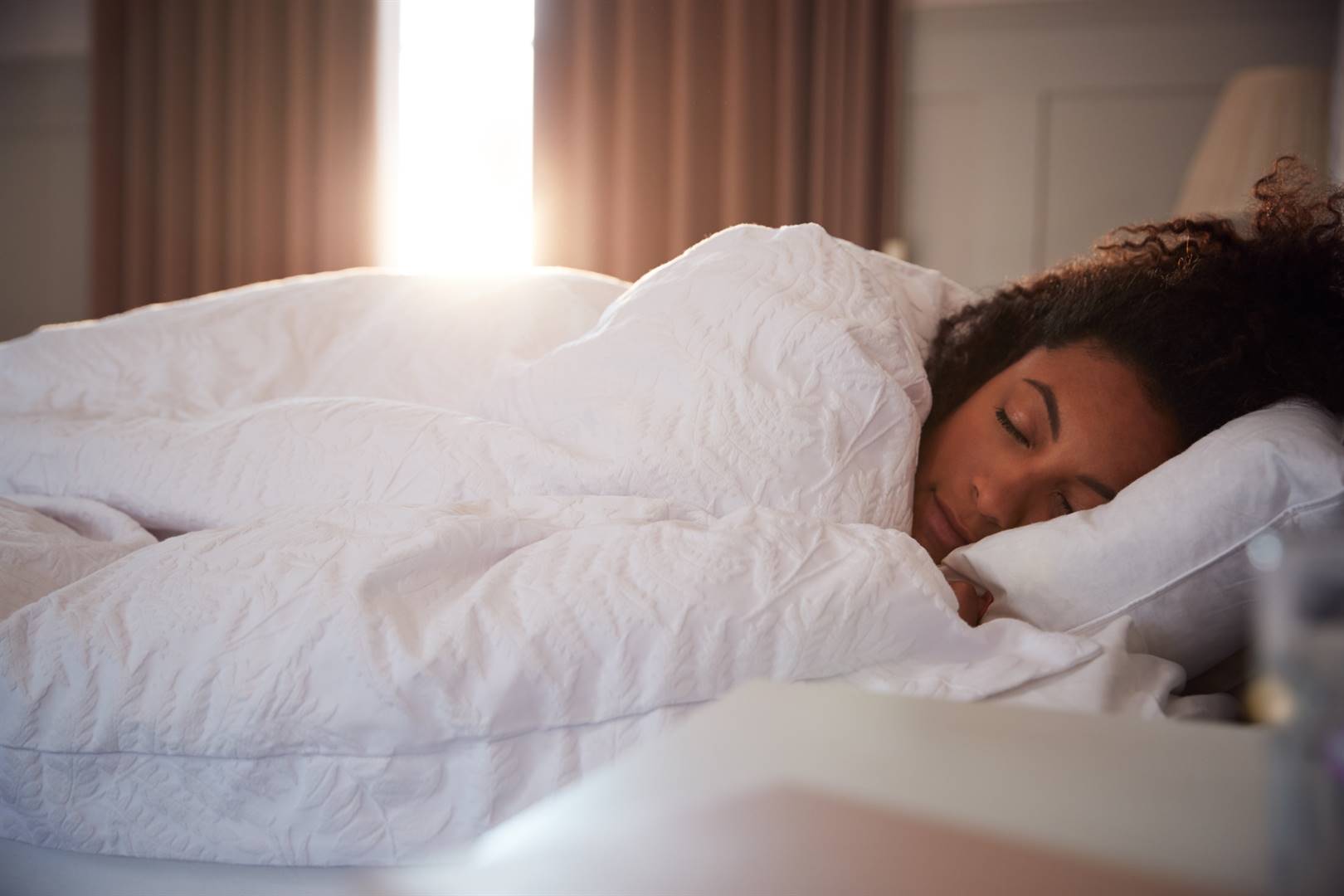
You don’t lose when you snooze.
This is according to a study conducted by Vaay, a Berlin-based company focused on collective wellness, which measured the sleep quality of 75 cities across the world.
The study found that cities whose inhabitants had better physical and mental wellbeing, indulged less in stimulants such as caffeine and nicotine, were not overworked, had better control of their finances, suffered from chronic pain less frequently, slept for seven hours each night as recommended by the US National Sleep Foundation, and were less exposed to environmental pollution got better quality sleep than those on the opposite end of the spectrum.
According to the results, cities such as Amsterdam in the Netherlands have the best quality sleep, while São Paulo (Brazil), Tokyo (Japan) and Los Angeles (US) ranked among the ones with the worst quality.
Finn Age Hänsel, co-founder of Vaay said: “With this study, we really wanted to get to the heart of what’s keeping us awake at night, and whether that changes depending on where we live. What’s clear from our research is that it’s often not just one, but many factors – environmental, social, political – that contribute towards a city’s sleeping.
“When you consider that humans are the only animals on the planet that habitually undersleep, it really makes you wonder what impact it has on our overall wellbeing.”
The outbreak of the Covid-19 coronavirus pandemic has not only had a negative effect on economies and livelihoods across the world, it has also contributed to the heightened anxiety experienced by different individuals.
READ: Analysis | Unlike the global trend, South Africa’s children are too short and too fat
“The Groundhog Day effect of lockdowns, coupled with the emotional strain of worrying about getting sick and not being able to have normal social contact with friends and loved ones, combine to create extremely difficult conditions for people to be able to get the proper relaxation they need in order to sleep well at night,” said Hänsel.
On our shores, Cape Town ranked number 54 out of 75 for overall sleep quality. The city performed poorly on employment and finances, as well as overwork and sleep duration, while it performed highly for chronic pain, caffeine, nicotine and alcohol consumption, as well as environmental factors.
“The results indicate that while Cape Town has some major challenges to address in regards to economic and job stress, which are significant contributors to poor sleep quality, the city is doing very well when it comes to mitigating environmental stressors as well as its citizens’ stimulant consumption and chronic pain issues,” said Hänsel.
The dangers of not getting enough sleep
Peet Vermaak is a clinical neurophysiologist at Sleep Clinic Nelspruit. He says that while it’s important to sleep the recommended hours, longer shut-eye does not necessarily translate to better quality sleep.
“People can sleep for seven to eight or more hours, but not get into deep, restorative sleep, as the sleep can be frequently interrupted by medical conditions such as sleep apnea, restless legs syndrome, periodic limb movement disorder, pain and other factors.
“We measure quality of sleep by analysing brain waves and quantify the percentage of deep, slow wave-sleep and REM [rapid eye movement] sleep,” he said.
Living and working in a fast-paced world can contribute to individuals not getting enough sleep. However, undersleeping can have a counter-effect on how individuals carry out their daily tasks, Vermaak warns.
“Too little sleep affects daytime functioning, [contributes to] excessive daytime tiredness or sleepiness, and has a detrimental effect on concentration, memory, heart function, blood pressure, blood sugar levels and certain hormones,” he said.
He added that Covid-19 coronavirus had indirectly affected the sleep quality of different individuals as “many people complain of sudden onset of insomnia, mostly due to stress and anxiety”.
How to improve the quality of your sleep
While taking care of our overall wellbeing to improve our quality of sleep, Vermaak says even changing a daily bedtime routine can help.
“Avoid being in a very brightly lit area or room, brightly lit TVs and computer screens before bedtime. Light and darkness have a significant effect on how we fall asleep and stay asleep, as well as on how we wake up in the morning.
“It is very important for the brain to experience absence of bright light before sleep, to assist with falling asleep easier and going into deep, slow-wave sleep due to the secretion of melatonin triggered by the absence of light.
“Avoid vigorous exercise, as it will increase the core body temperature. A cooler core body temperature helps with falling asleep easier.”
READ: Covid-19 pushes people to boost health, wellbeing
But with the study focused on urban city dwellers, known to lead fast-paced lives, Hänsel admits that “it can be hard to find ways to slow down within dense urban areas, no matter how perfect the atmosphere”.
“We conducted this study to raise awareness about how important rest is for our overall mental and physical health. While there will undoubtedly be bad sleepers in Amsterdam and good sleepers in Tokyo, the data reveal the overall night-time trends in these cities, and we hope that everyone can take some inspiration from those who are getting the most shut-eye to make sleep a bigger priority in their lives,” he said.
To see the full results of the study, click here




 Publications
Publications
 Partners
Partners











